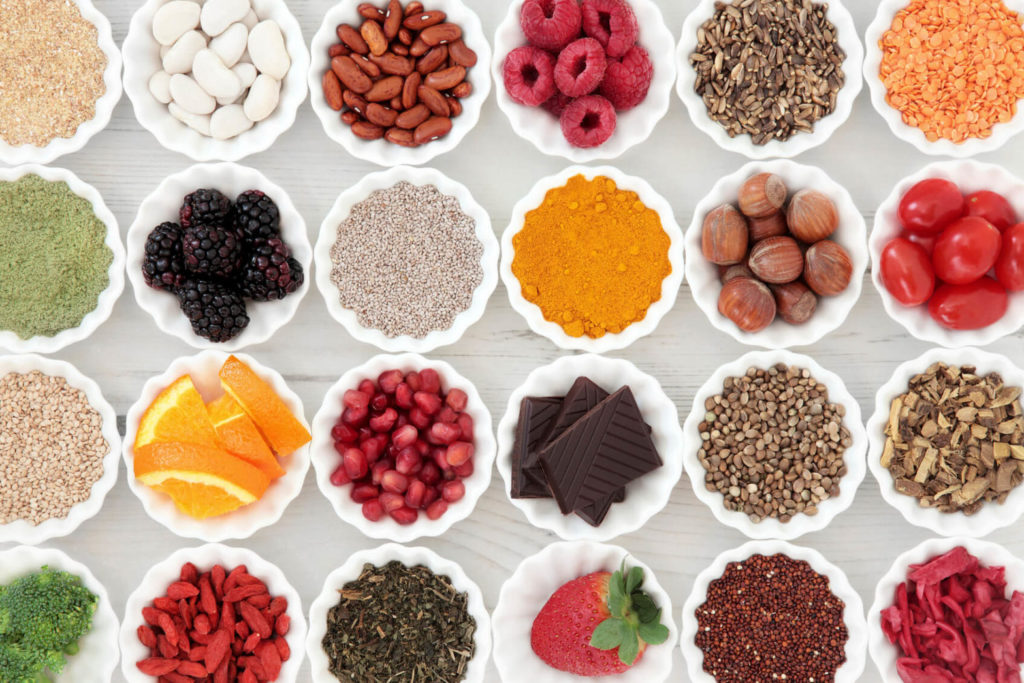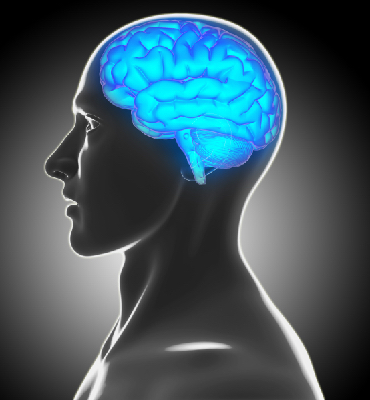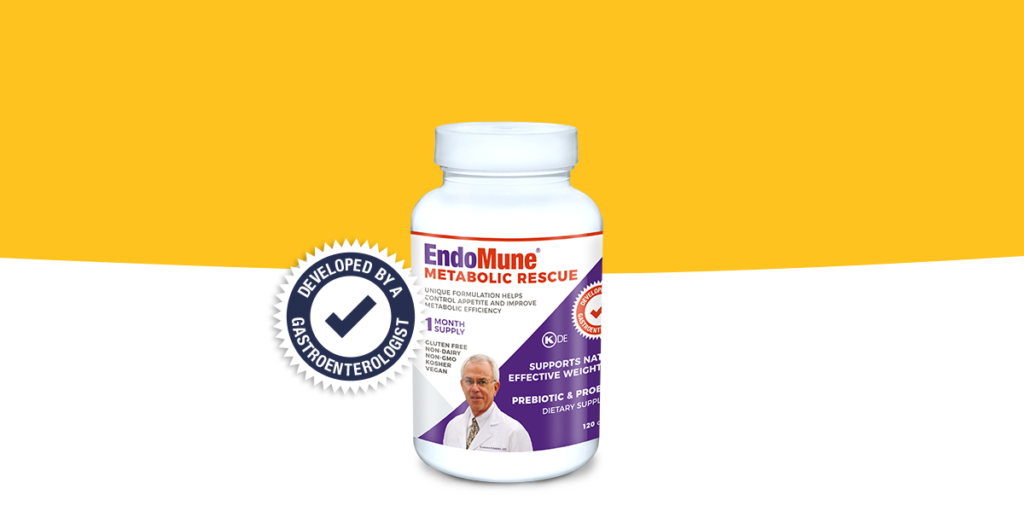There is a strong connection between the brain and the gut. Researchers claim there lies a brain in the gut with its own neural network.
The Enteric Nervous System ( ENS ) has a robust system that manages the hormones, emotions, and neurotransmitters, which communicate with the brain. Serotonin, dopamine and gamma-Aminobutyric acid (GABA) are all neurotransmitters that play a role in the intestines and the central nervous system. They can be transmitted to the brain through the blood or the vagus nerve.
There are trillions of gut microbiota residing in the gut that can directly impact our mental state. Sometimes when we are anxious or depressed it can in part be due to an unhealthy balance of the intestinal bacteria (dysbiosis). Among women who suffer from depression, anxiety and GI difficulties, study results suggest a link to the gut rather than the brain.
5 Ways to Manage a Better Gut for a Better Mind
Managing the gut can result in benefits for the mind, including a better harmony between the gut and mind. Here are five ways that can create that powerful force within your body.
1. Diet
Diet is the core of every change in the body. The proverbial you are what you eat stands true in this case. The fuel you use to energize your body provides the essential nutrients and has a strong effect on every activity in the body.
Certain diets elicit a healthier bacterial balance. A diet rich in whole, unprocessed, unadulterated, and non-genetically modified foods helps to maintain a proper balance of the gut bacteria. Eliminating foods that are processed and choosing fresh and real foods is the key to providing the gut with healthy bacteria.
2. Lower Your Sugar Intake
Sugar brings about a lull in the body. It slows down the body. Sugar and carbohydrates affect the system by nurturing the pathogenic bacteria.
In a recent study, researchers fed a group of mice a diet high in sugar and then tested their mental and physical function. The sugar diet negatively impacted the mice’s gut microbiota, impaired their cognitive flexibility, and ability to efficiently adapt to changing situations. The change in gut bacteria also adversely affected the mice’s long-term and short-term memory.
Sugar affects adaptability. The sugar spike in blood levels makes the body work harder. It also leads to gut inflammation. Consuming less sugar can be beneficial for the gut and the brain.
3. Add a Probiotic
Healthy foods such as lacto fermented kimchi, pickles, sauerkraut, and other traditional vegetables have microbes that have a positive effect on our gut. A common ancestral practice to consume fermented foods rich in probiotics is quite interesting. Healthy fermented foods are filled with probiotics that allow all the healthy fauna to settle in the gut and flourish.
In a 2013 study in Gastroenterology, 12 out of the 25 healthy women ate a cup of yogurt twice a day for four weeks. The rest of the women ingested no yogurt. All women had pre and post brain scans while being asked to respond to a series of images depicting different facial expressions. Results indicated that the women who ate yogurt were calmer when shown various emotions than the control group. The results revealed that the yogurt changed the subjects’ gut microbiota, which also modified their brain chemistry.
Consuming good probiotics are one great way to keep the gut healthy. Alive organisms when ingested in adequate amounts, produces a health benefit in patients suffering from psychiatric illness.” A review by Dinan et al encompasses the clinical basis for the use of probiotics in mental health with reference to animal studies in which behavioral changes resulted from exposure to bacterial strains such as Bifidobacterium and Lactobacillus. In placebo-controlled trials in humans, measures of anxiety, chronic fatigue, depression and anxiety are associated with irritable bowel syndrome (IBS). IBS is felt to be due to an imbalance or dysbiosis of the gut microbiota.
Besides foods, a good probiotic supplement with a number of strains can be very helpful for the gut.
4. Exercise Regularly
Exercise releases the good hormones in our bodies. These hormones help to stimulate growth and make us feel happy. All the chemicals and hormones released during exercise benefit the body, and eventually the gut. Regular exercise stimulates better bowel movements and leads to more water consumption. All these affect the gut, keeping it healthy and strong.
Exercise can be the best therapy for a weak gut. So whenever you feel low, experience anxiety or have a stressful meeting coming up, go for a run, hit the gym and take a probiotic like EndoMune Advanced.
5. Relax and De-stress
A stressful mind releases harmful hormones like cortisol. A rise in cortisol affects the gut making the cholesterol level higher, and even triggers depression.
A relaxed mind can induce hormones that promote relaxation, which also affect the gut. Studies have shown stress puts us at risk for dysbiosis, a shift away from healthy gut diversity.
In a 2015 study from Harvard University affiliates, forty-eight patients with either IBS or Inflammatory Bowel Disease (IBD) took a 9-week session that included meditation training. The results showed reduced pain, improved symptoms, stress reduction, and a decrease in inflammatory processes.
Practicing mindful techniques of relaxing the mind, and breathing more deeply to oxygenate the body lead to a less distressed mind and gut. The best way to develop a beautiful mind is to cultivate a healthy and happy gut.
To learn more about your gut/brain connection, talk to your health care provider and ask if adding a probiotic like EndoMune Advanced Capsules to your daily regimen will help issues likes anxiety and depression.




